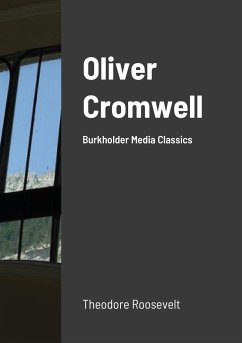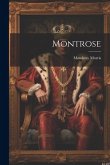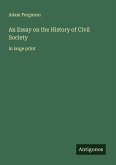Cromwell lived in an age when it was not possible to realize a government based upon those large principles of social, political, and religious liberty in which-at any rate, during his earlier years-he sincerely believed; but the movement of which he was the head was the first of the great movements which, marching along essentially the same lines, have produced the English-speaking world as we at present know it. So far from this great movement, of which Puritanism was merely one manifestation, being the last of a succession of similar heroisms, it had practically very much less connection with what went before than with all that has guided us in our history since. The men who figured in it and the principles for which they contended, are strictly akin to the men and the principles that have appeared in all similar great movements since. We must keep ever in mind the essentially modern character of the movement if we are to appreciate its true inwardness, its true significance. Fundamentally, it was the first struggle for religious, political, and social freedom, as we now understand the terms.
Bitte wählen Sie Ihr Anliegen aus.
Rechnungen
Retourenschein anfordern
Bestellstatus
Storno









